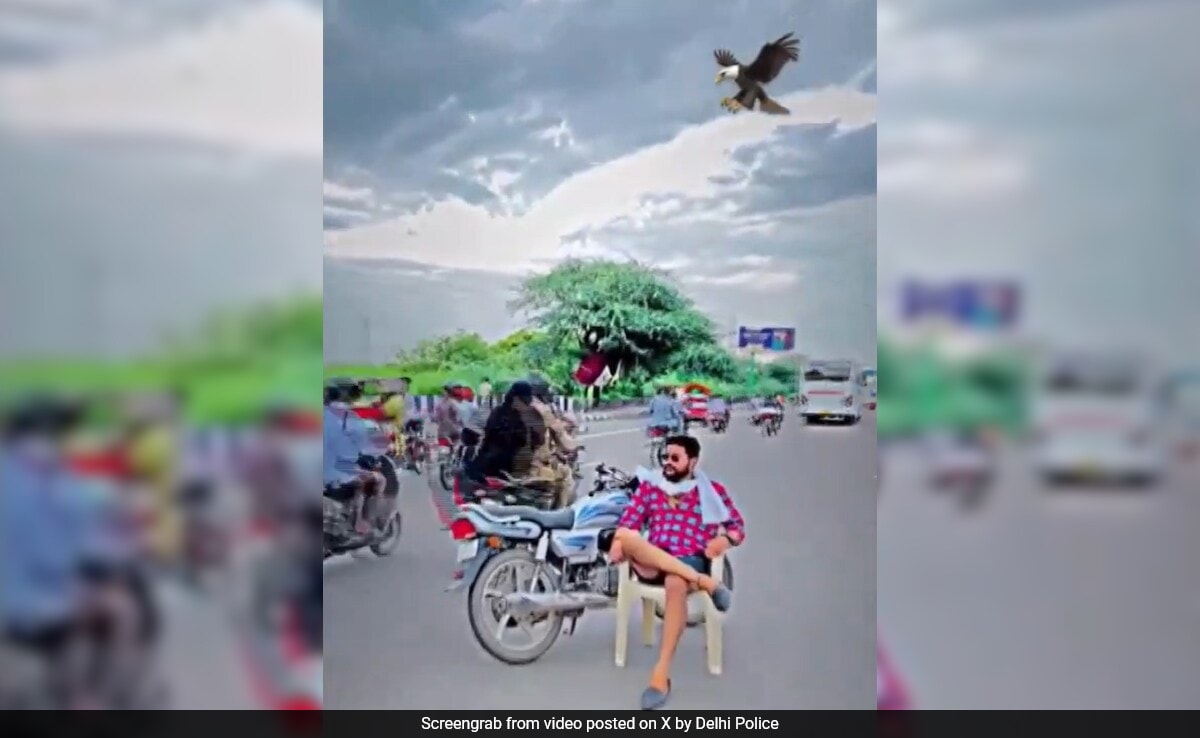
More than a year after the Cambodian government cracked down on online slavery scams, anti-trafficking groups say the scams are still being carried out on a large scale, casting doubt on official claims that Cambodia has significantly tackled human trafficking.
Cambodia has received widespread attention for its prevalence of human trafficking, in which workers are forced to lure overseas victims in online fraud schemes. In September 2022, the government raided fraud sites, arresting and deporting thousands of people.
Cambodian authorities have since said they have reduced human trafficking and disputed a United Nations report estimating there are 100,000 victims in Cambodia, accusing news media reports of being “baseless.”
Meanwhile, international attention has turned to the growing phenomenon of online slavery in northern Myanmar and along the Myanmar-Thailand border.
But victims’ rights groups say some businesses were not shut down but temporarily relocated during the crackdown before reopening in Cambodia. NGOs say identifying and rescuing victims has become more challenging as the government publicly denies the scale of the industry.
“Based on what we have observed, online fraud has not decreased,” Tola Moin, executive director of the Phnom Penh-based Alliance Center for Labor and Human Rights, told VOA. “We don’t know why clear action has not been taken, but we are still seeing This happens.”
Another international observer working on the issue, who requested anonymity to maintain relations with the government, told VOA: “It is clear that the volume of human trafficking into Cambodia for forced fraud is back to pre-September 2022 levels. level, and may even exceed this level.”
Company relocation
When police raided Sihanoukville’s notorious human trafficking hotspot in September 2022, buildings across the city were deserted.
“Michael,” a 38-year-old Taiwanese human trafficking victim who spoke to VOA by phone from Indonesia under a pseudonym at the so-called Huang Le compound in Sihanoukville, recalled companies scrambling to move operations.
“A lot of companies were just relocating at the time,” Michael said. “Our company also decided to relocate.”
While some operators travel to Myanmar, others remain in Cambodia. Michael was taken to a compound in the town of Osmacher, near the Thai border.
Other companies in Sihanoukville are staffed with skeleton crews, according to the Global Anti-Scam Organization (GASO), which helps free human trafficking victims across Southeast Asia.
“Some of the buildings in Sihanoukville look like empty buildings … but they do have human trafficking victims inside,” said Alicia, a GASO staff member who asked that only her first name be used so she could Speak freely. “I can’t say they’ve all moved or stopped completely. … Some people are still doing online fraud behind closed doors.”
Over the next six months, Michael moved between three more Cambodian compounds. By June 2023, he was sold to Jinshui, a well-known suspected fraud center in the Chinatown area of Sihanoukville. He began training to imitate an Amazon subsidiary to try to convince people to invest.
Michael said several buildings in Goldwater were already filled with trafficked workers from China, Indonesia, South Korea and Japan, while other buildings in Chinatown were also packed.
“A building can accommodate [up to] 800 people,” he said. “We have at least 400 to 500 people in our company. “
Return to Sihanoukville
Observers say Chinatown’s repopulation is part of a wider scam in Sihanoukville.
Jacob Sims, senior technical adviser for the anti-human trafficking group International Justice Mission, told VOA that China’s crackdown on Myanmar camps and the Operation 1027 offensive against Myanmar’s military junta have led to the Myanmar-Thailand border and the Laos Golden Triangle. Fraud cases are back on the rise. and Cambodia.
“Reports from numerous local sources in Sihanoukville confirm that the industry is booming,” Sims said. “The reason why this trend makes sense is that there are real regional drivers. This is a value number A billion-dollar industry, but now it has actually moved away from northern Myanmar.”
Sihanoukville residents told VOA they were seeing a new wave of foreigners arriving directly from the airport. Some once quiet buildings are now heavily guarded and occupied.
A compound called Jincai appears to have been abandoned after authorities discovered evidence of human trafficking in 2022. Residents say buses have brought hundreds of foreigners there since August last year.
One business owner said her nephew worked there for a while but quit because “you have to be good at online fraud.”
A local police officer told VOA that the building was crowded with Malaysian and Chinese workers, but he had no idea what activity was taking place inside. The complex, now known as Xinjinfu Casino Co., Ltd., will have its casino license reissued in December 2022.
“We don’t know if it’s new people or old people running it,” police said.
Chou Bun Eng, secretary of state at the Ministry of Interior and standing vice-chairman of the National Anti-Human Trafficking Committee, would not talk about specific compounds and told VOA that previous investigations had not stopped the company from restarting commercial activities.
“Allowing to reopen means they are part of the investigation site but they can’t find anything,” Bun Eng said. “It’s normal for businesses to continue operating without committing a crime.”
NGO withdrawal
Although the scams continue, civil society groups continue to work to help victims.
In some cases, GASO’s Alicia said, traffickers have recorded videos showing victims being “released” outside the compound, but then taking them back inside the compound after sending the video to police. Other victims were released without help from authorities, traveling to Phnom Penh and starting immigration procedures.
“I don’t know if it’s because the Cambodian government doesn’t take this issue as seriously anymore or what, but I think this way of operating is inappropriate,” Alicia told VOA. “It gives scam companies an opportunity to deceive… and may result in a higher likelihood that the victim will be assaulted or harmed.”
Several insiders said the Cambodian Interior Ministry has set up a hotline for victims of fraud, making the rescue process even more opaque.
Tola, of the Center for Labor and Human Rights Alliance, said authorities had “cut off the role of NGOs seeking help”.
“This is very difficult for civil society and all the work we do has to be very cautious,” Tola said. “For some of the more controversial cases, we dare not say that we helped them.”
Still, officials view lower official case numbers as evidence that the problem has eased. Bun Eng said authorities had confirmed fewer than 300 “imprisonment” cases since September 2022.
Bun Eng said: “There is no such mystery. When there are complaints, we search everywhere, but in the end we do not find huge numbers.”
Cindy Dyer, the U.S. ambassador-at-large for monitoring and combating human trafficking, told a local publication that Cambodian officials “disputed the scale” at recent meetings and “just haven’t addressed the larger question”.
“We wouldn’t have seen the scale of the operation in Cambodia without low-level and high-level complicity,” Dyer said. “Senior government officials were probably at the front…low-level law enforcement officers knew who had this stuff.”
Scam victim Michael escaped in July. As his boss prepared to move operations to Myanmar, he contacted the Taiwanese Embassy and GASO, who helped him escape in a van headed for the border.
Michael told VOA that during his year in the Cambodian camp, he was beaten, kept in darkness and shocked with electric batons. He was recruited on Facebook to work at the restaurant.
“My darkest experience was in Cambodia,” Michael said. “Even if you beat me to death, I will never go to Cambodia again.”
Follow us on Google news ,Twitter , and Join Whatsapp Group of thelocalreport.in
















